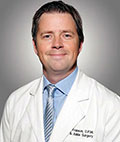- Home
- Advanced Treatments
- DeNovo Cartilage Repair
Zimmer Biomet DeNovo Natural Tissue Graft -- A Breakthrough in Ankle Cartilage Repair
- Published 11/26/2018
- Last Reviewed 2/8/2024
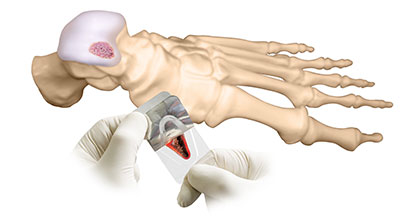
One of the most vexing problems in podiatric surgery over the past few decades has been surgical cartilage repair. Cartilage is the thick, rubbery material that coats the ends of your bones at the joint. Hyaline cartilage, found on most joint surfaces, enables joint mobility and protects the bones from friction caused by movement.
While cartilage tissue is made up of cells, it cannot repair itself due to a lack of blood vessels and adequate blood supply. Therefore, cartilage restoration is often needed to repair damaged articular cartilage.
Trauma can damage the cartilage, which fractures into slivers that may “float” around the joint. These defects are referred to as articular cartilage lesions and can cause pain and swelling in the joint. Ultimately, injured articular cartilage and articular cartilage defects can develop into osteoarthritis, which can require even more invasive procedures like osteotomy if not addressed.
- What is DeNovo cartilage repair?
- What are the traditional methods of ankle cartilage repair?
- The DeNovo cartilage repair technique — from a UFAI ankle surgeon
- What is the regenerative advantage of DeNovo cartilage repair?
- What can I expect during and after DeNovo Cartilage Repair?
- Why choose UFAI for your repair of articular cartilage?
- DeNovo Ankle Cartilage Repair FAQs
- Can cartilage damage be reversed?
- Can cartilage tissue be rebuilt naturally?
- How long does recovery from cartilage regeneration and repair take?
-
Foot and Ankle Surgeon at University Foot and Ankle Institute
Dr. Justin Franson, DPM, is a Board Certified Podiatric Foot and Ankle Specialist and Diplomate of the American Board of Podiatric Surgery. He attended the School College of Podiatric Medicine in Chicago, graduating in 2001. Dr. Franson then accepted a three-year residency program at the Greater Los Angeles VA and UCLA County Hospital.
Dr. Franson specializes in several areas including total ankle replacement and sports medicine. Treating athletes and weekend warriors like himself brings him a lot of joy. Dr. Franson keeps active with running marathons, triathlons, hiking, basketball, and golf.
Learn more about Ankle Conditions on Our Blog
- Moore Balance Brace: Enhance Stability and Prevent Falls for Better Mobility
- Should I See a Podiatrist or Orthopedist for Foot Pain and Ankle Problems?
- Why Do So Many Pro Athletes Suffer from High Ankle Sprains?
- 7 Common Foot Problems for Runners
- Is Ankle Impingement Syndrome Impacting Your Feet?
- First My Ankle Locks Up. Then It Gives Way. What's Going On?
- 9 Tips to Help Find the Best Podiatrist for Your Foot Care
- New Treatment for Ankle Arthritis: Advanced Cartilage Replacement
- 7 Causes of Inner Ankle Pain Revealed!
- Feel Pain En Pointe or on Tippy Toes? Blame Os Trigonum Syndrome!
- Want a Successful Ankle Surgery Recovery? Don't Race Back to Training!
- How to Apply for Social Security Disability with Arthritis
- Expert Insights On Treatment Options For Cystic Lesions Of The Talus
- Tom Cruise Stunt Mishap Leads to Severely Broken Ankle. He Then Rejects Surgery. Why?
- Sports and Overuse Injuries of the Foot and Ankle
- What Your Feet Want You to Know about Playing Tennis
- Toy Scooter Related Injuries: what you need to you know
 I have been having issues with heel pain for years and nothing really ever helped for more than a couple weeks. Not the doctors...Grace N.
I have been having issues with heel pain for years and nothing really ever helped for more than a couple weeks. Not the doctors...Grace N. Please provide handicap parkingBarry S.
Please provide handicap parkingBarry S. Dr. Ambibola Johnson is awesome!Laurie S.
Dr. Ambibola Johnson is awesome!Laurie S. We recently moved into Santa Clarita and one concern is finding all of the medical/ dental professional we needed. I scheduled...Steve J.
We recently moved into Santa Clarita and one concern is finding all of the medical/ dental professional we needed. I scheduled...Steve J. I appreciate the care and timeliness of all my appointments I’ve had at UFAI. Gray, Lydia and the staff all are wonderful. Lydi...Edelmira G.
I appreciate the care and timeliness of all my appointments I’ve had at UFAI. Gray, Lydia and the staff all are wonderful. Lydi...Edelmira G. Very greatfull for the doctor and stuffJesus M.
Very greatfull for the doctor and stuffJesus M. Dr. Baravarian repaired my Achilles tendon in May of 2005. On the CT scan, at the point of rupture, there was a 1.5 inch gap be...Jack S.
Dr. Baravarian repaired my Achilles tendon in May of 2005. On the CT scan, at the point of rupture, there was a 1.5 inch gap be...Jack S. Doctor was very caringBrigitte S.
Doctor was very caringBrigitte S. Everyone is very nice and efficient-
Everyone is very nice and efficient-
Especially Dr Kelman. He takes very good care of me!!Claudia K. Great costumer service.
Great costumer service.
Prompt and efficientDean W. No . I’m pleased with the care .Michael P.
No . I’m pleased with the care .Michael P. Appreciate the professionalism and expertise, as well as the caring.Stella G.
Appreciate the professionalism and expertise, as well as the caring.Stella G.
-
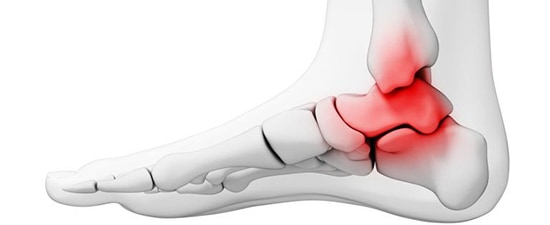 Listen Now
Expert Insights On Treatment Options For Cystic Lesions Of The Talus
Read More
Listen Now
Expert Insights On Treatment Options For Cystic Lesions Of The Talus
Read More
-
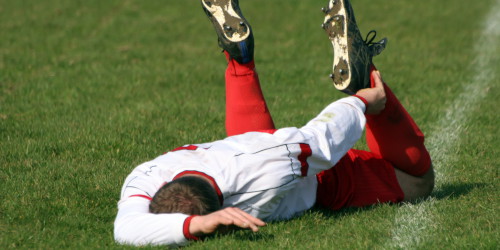 Why Do So Many Pro Athletes Suffer from High Ankle Sprains?
Read More
Why Do So Many Pro Athletes Suffer from High Ankle Sprains?
Read More
-
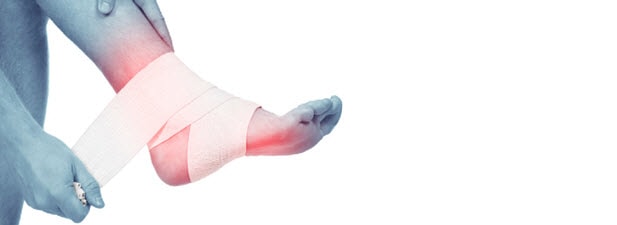 Sports and Overuse Injuries of the Foot and Ankle
Read More
Sports and Overuse Injuries of the Foot and Ankle
Read More
-
 Listen Now
7 Common Foot Problems for Runners
Read More
Listen Now
7 Common Foot Problems for Runners
Read More
-
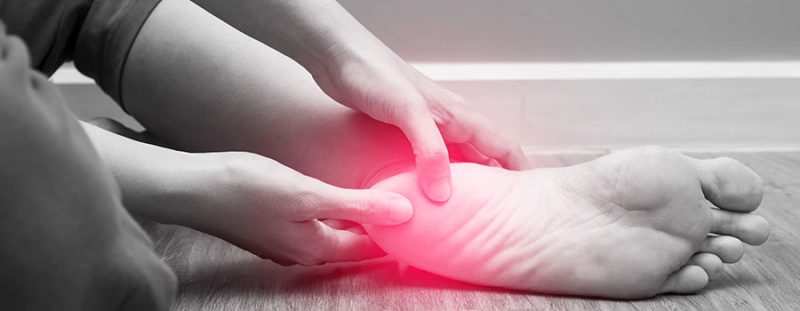 Listen Now
7 Causes of Inner Ankle Pain Revealed!
Read More
Listen Now
7 Causes of Inner Ankle Pain Revealed!
Read More
-
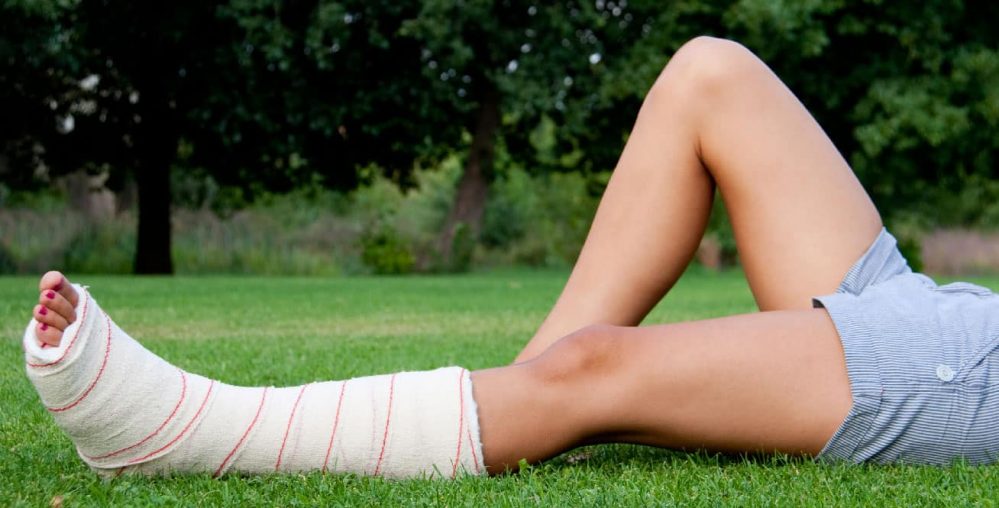 Listen Now
Want a Successful Ankle Surgery Recovery? Don't Race Back to Training!
Read More
Listen Now
Want a Successful Ankle Surgery Recovery? Don't Race Back to Training!
Read More
-
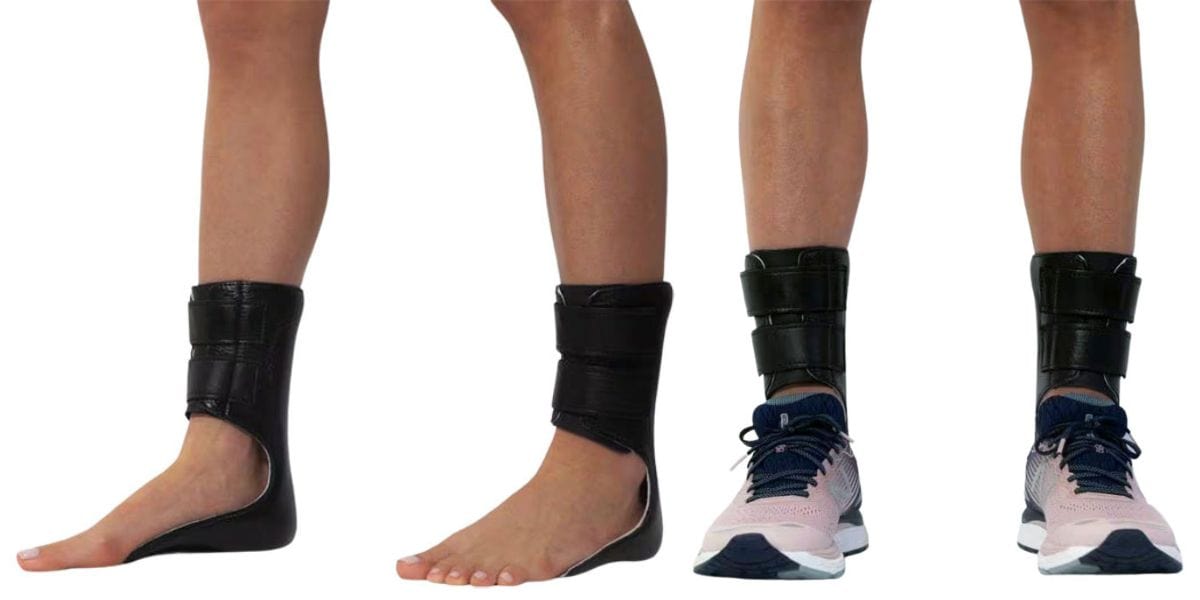 Listen Now
Moore Balance Brace: Enhance Stability and Prevent Falls for Better Mobility
Read More
Listen Now
Moore Balance Brace: Enhance Stability and Prevent Falls for Better Mobility
Read More
-
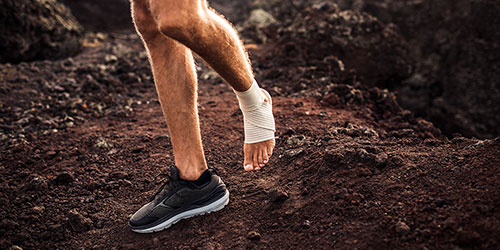 Listen Now
Is Ankle Impingement Syndrome Impacting Your Feet?
Read More
Listen Now
Is Ankle Impingement Syndrome Impacting Your Feet?
Read More
-
 How to Apply for Social Security Disability with Arthritis
Read More
How to Apply for Social Security Disability with Arthritis
Read More
-
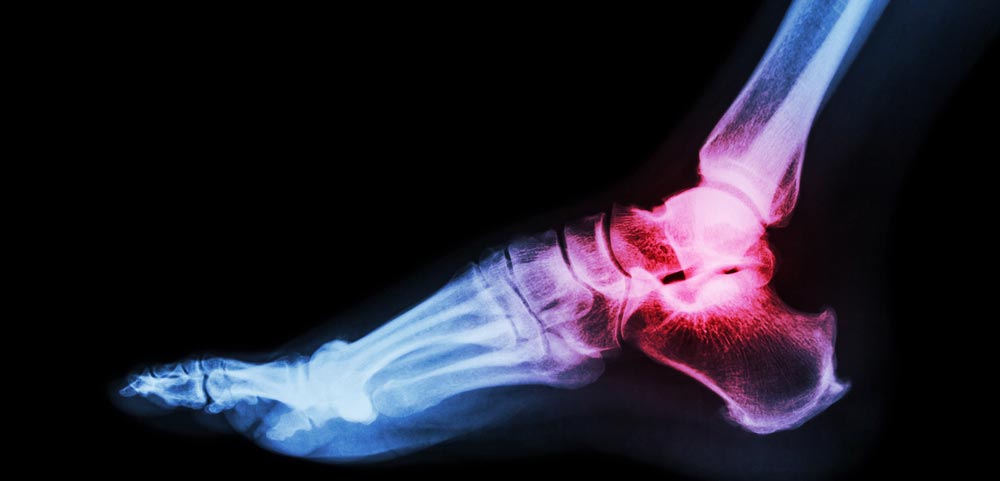 New Treatment for Ankle Arthritis: Advanced Cartilage Replacement
Read More
New Treatment for Ankle Arthritis: Advanced Cartilage Replacement
Read More
-
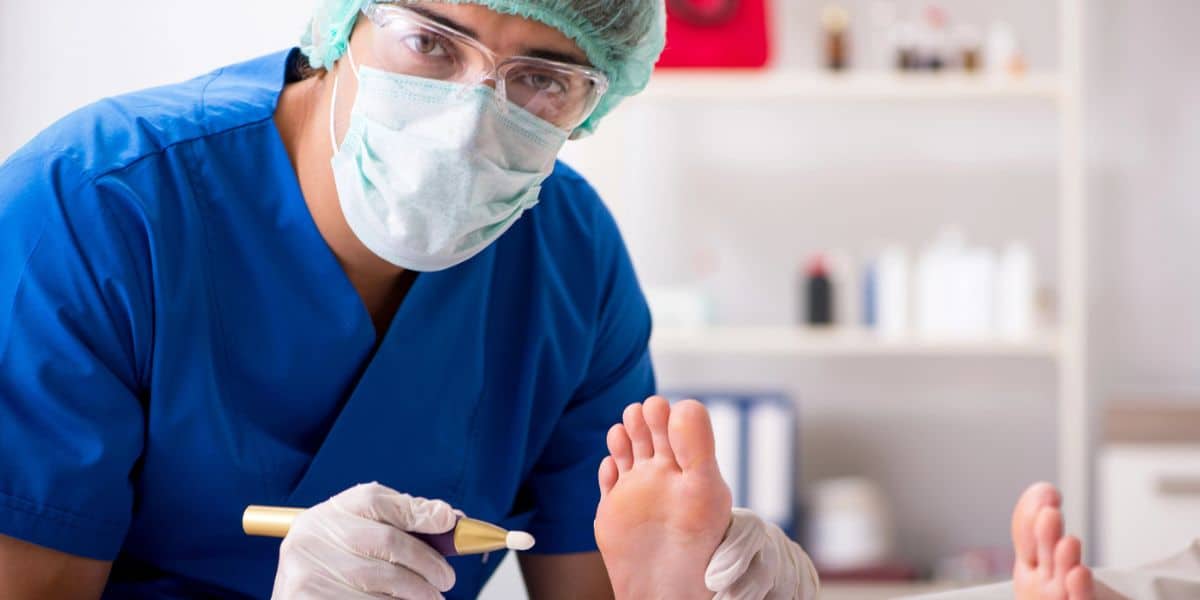 Listen Now
Should I See a Podiatrist or Orthopedist for Foot Pain and Ankle Problems?
Read More
Listen Now
Should I See a Podiatrist or Orthopedist for Foot Pain and Ankle Problems?
Read More
-
 Tom Cruise Stunt Mishap Leads to Severely Broken Ankle. He Then Rejects Surgery. Why?
Read More
Tom Cruise Stunt Mishap Leads to Severely Broken Ankle. He Then Rejects Surgery. Why?
Read More
-
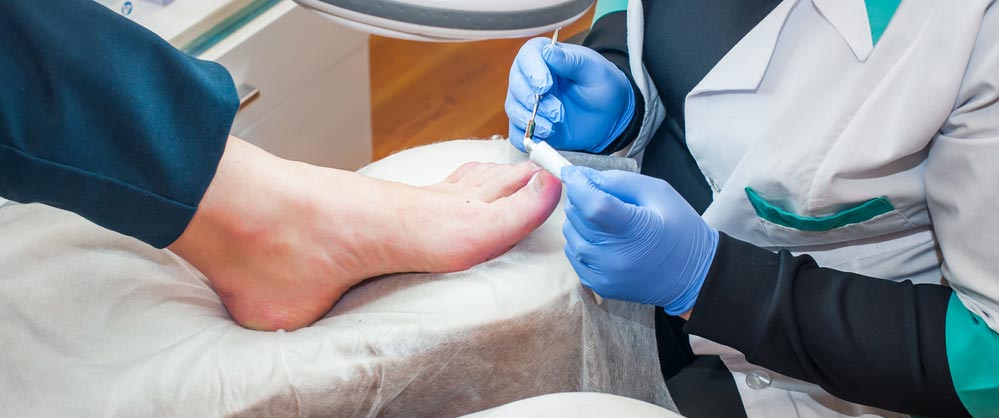 Listen Now
9 Tips to Help Find the Best Podiatrist for Your Foot Care
Read More
Listen Now
9 Tips to Help Find the Best Podiatrist for Your Foot Care
Read More
-
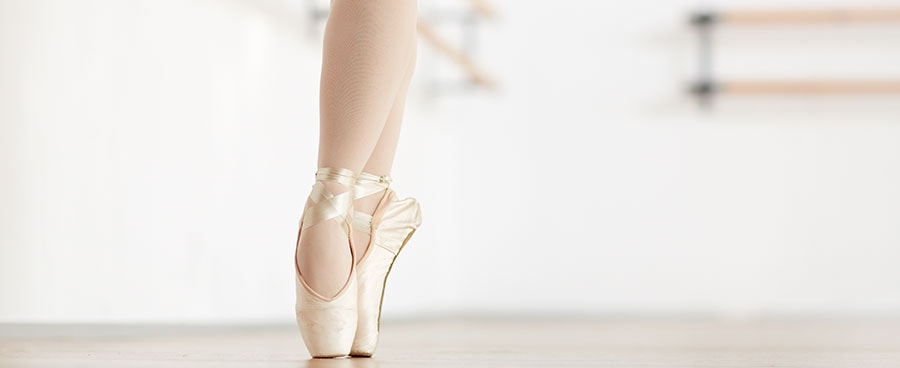 Listen Now
Feel Pain En Pointe or on Tippy Toes? Blame Os Trigonum Syndrome!
Read More
Listen Now
Feel Pain En Pointe or on Tippy Toes? Blame Os Trigonum Syndrome!
Read More
-
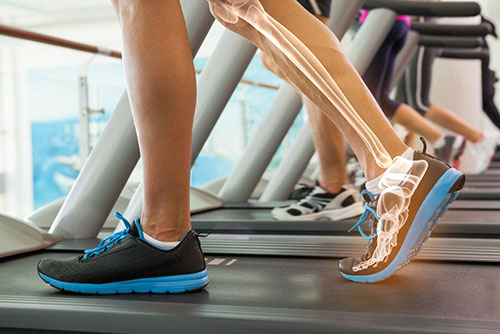 Listen Now
First My Ankle Locks Up. Then It Gives Way. What's Going On?
Read More
Listen Now
First My Ankle Locks Up. Then It Gives Way. What's Going On?
Read More

